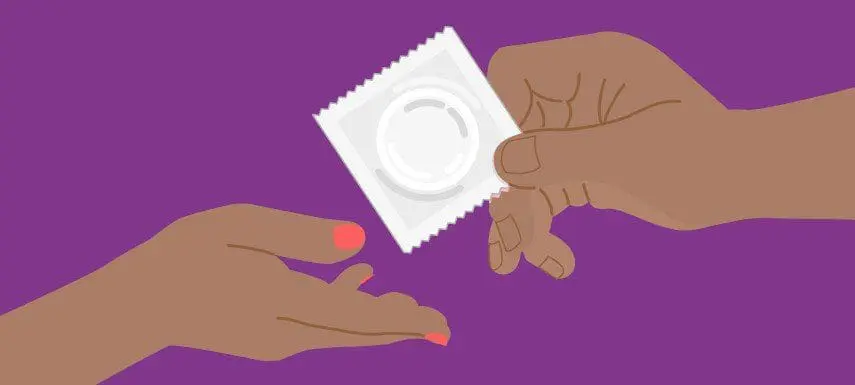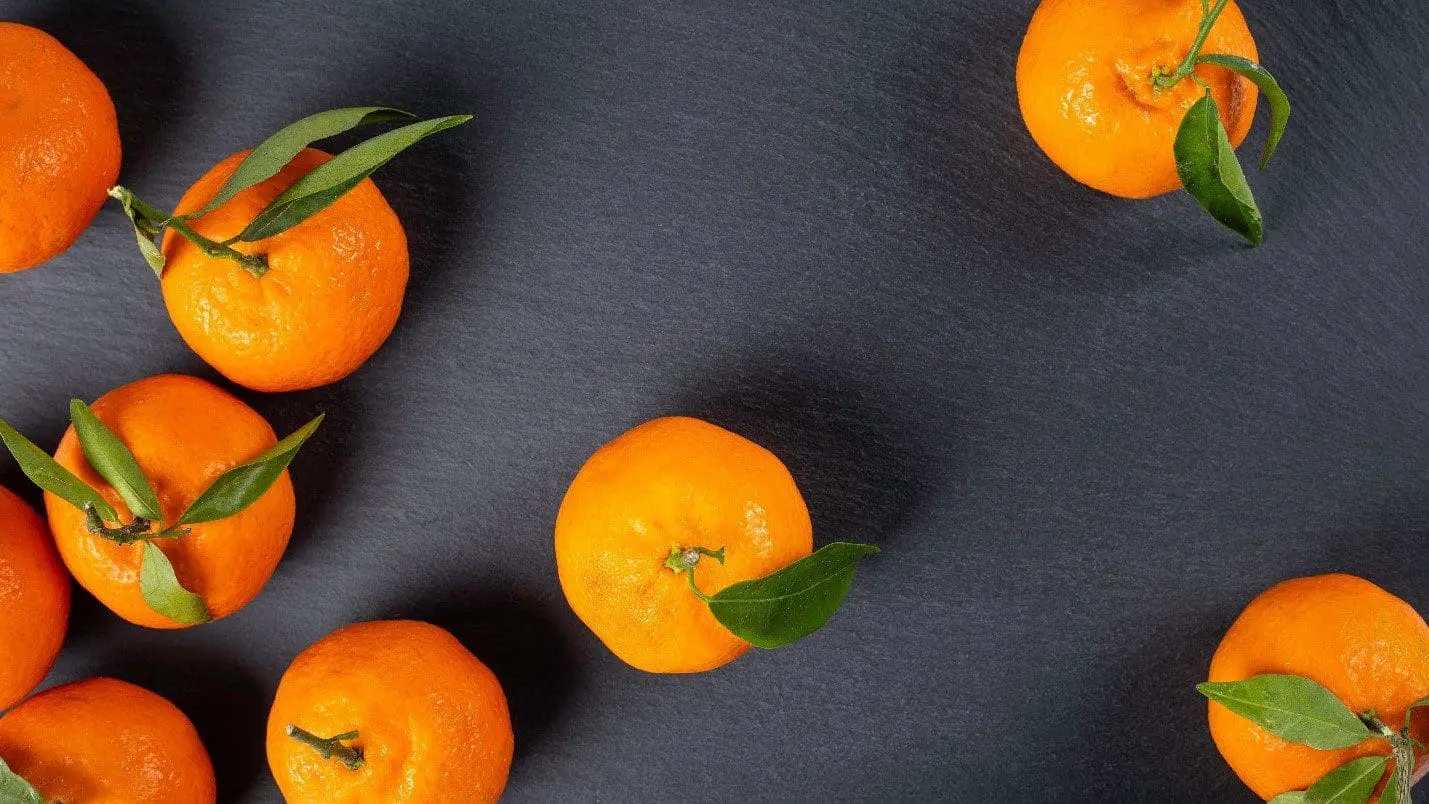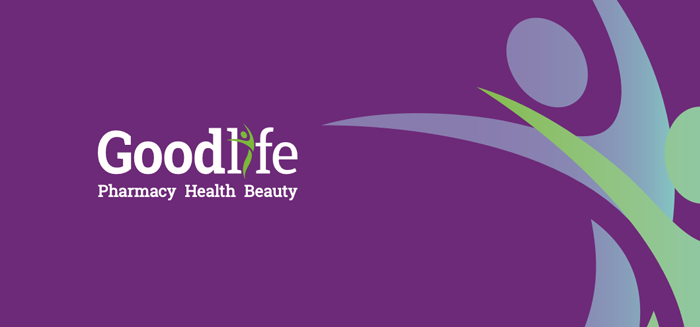
Whenever the subject of reproductive health comes up, most think this is limited to reproductive organs. While they play a crucial part, sexual & reproductive health factors in complete physical, mental and social wellbeing. As we celebrate the month of love, let’s show some love to our bodies’ wellbeing by conducting a refresher on reproductive health.
Step 1: Safe Sex Life
Good sexual reproductive and sexual health calls for safe sex life, which is also tied to the ability to reproduce. While some forms of contraceptives (i.e. condoms – Goodlife has a range of condoms to suit every diverse need – https://www.goodlife.co.ke/products/ ) work in ensuring safe sex, other forms of contraceptives go the extra mile of ensuring the freedom to decide if, when and how often one is interested in having children. Thus, family planning is a vital part of reproductive health. Speak to your doctor or a healthcare professional and exhaustively investigate before picking a contraceptive option.
Step 2: Access to information
Maintaining great reproductive health calls for access to accurate information. From the basics of the working of the human body to information on contraceptives, accurate information should also include affordability of contraceptives and transparency on the various options available (and the after effects of each).
This information is available at hospitals, clinics and pharmacies; our pharmacy technicians are happy to walk through the process with you.
Step 3: Protection from STIs.
In an age where sex is not as big a taboo as it previously was, infection control is important. Sexual and reproductive health calls for one to be informed on the different sexually transmitted infections that are prevalent in the society and be empowered enough to be able to protect oneself from these infections. Talking with your doctor or gynecologists is one way to become garner the necessary information. Additionally, you can be proactive enough to schedule body checkups which take into account your wellbeing, here’s list of the different tests offered at Goodlife- hyperlink.
Sexual and reproductive health is a personal matter and each individual has the right to make decisions pertaining to their own health. When you need an expert opinion, feel free to pop in to one of our Goodlife Pharmacies for discreet and personalized one on one!


